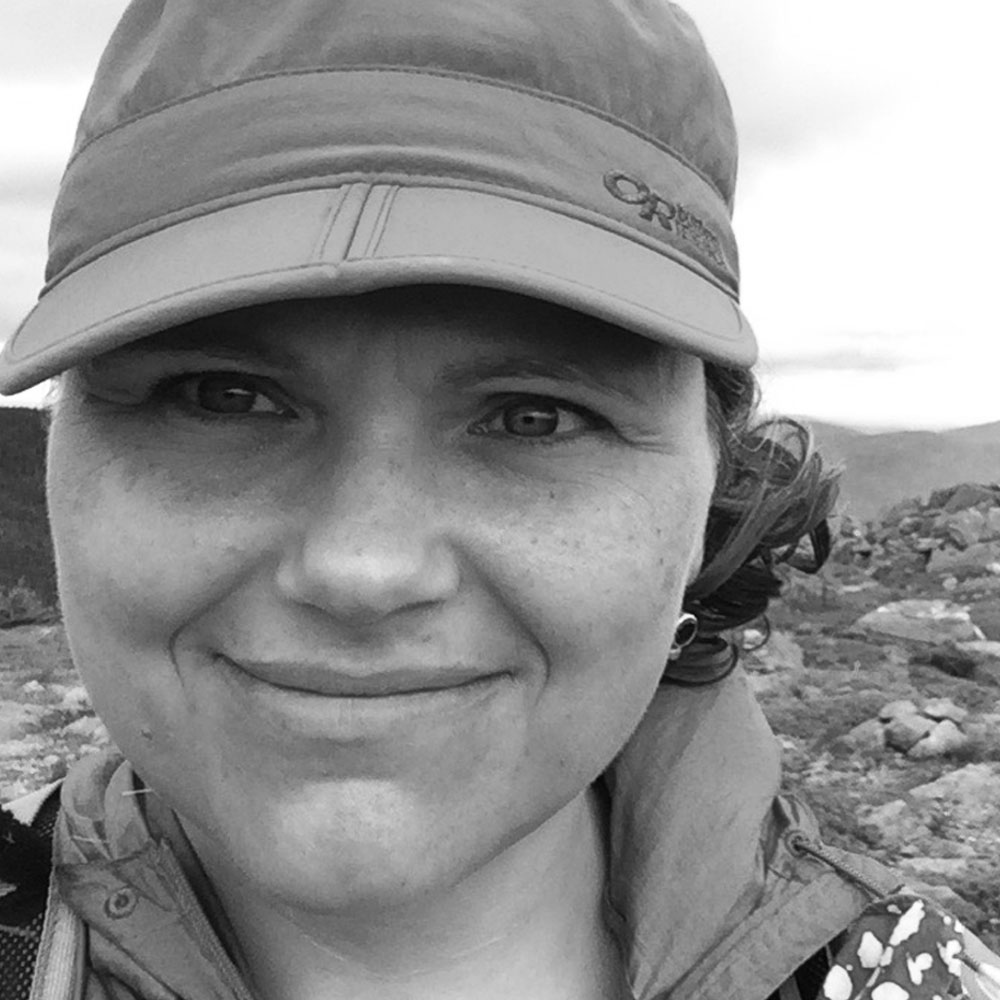Latest Articles
New Lizard Shows Evolution’s Predictability
A newly discovered anole on the island of Hispaniola confirms that the buildup of ecological communities can follow predictable patterns.
The Maestro of Memory Manipulation
The neuroscientist Sheena Josselyn can evoke and erase memories in mice using new tools that precisely control the brain.
New Life Found That Lives Off Electricity
Scientists have figured out how microbes can suck energy from rocks. Such lifeforms might be more widespread than anyone anticipated.
Interstellar Find Adds Life to Old Debate
Figuring out how these molecules form in the deep recesses of interstellar space might illuminate the origins of one of life’s distinguishing features.
The Downside to Neanderthal DNA
How interbreeding among early hominins harmed humans but may have slowed the Neanderthals’ decline.
How Neanderthal DNA Helps Humanity
Neanderthals and Denisovans may have endowed modern humans with genetic variants that helped them thrive in new environments.
New Evidence for the Necessity of Loneliness
A specific set of neurons deep in the brain may motivate us to seek company, holding social species together.
Mapping the Brain to Build Better Machines
A project to decipher the brain’s learning rules could revolutionize machine learning.
In Newly Created Life-Form, a Major Mystery
Scientists have created a synthetic organism that possesses only the genes it needs to survive. But they have no idea what roughly a third of those genes do.









